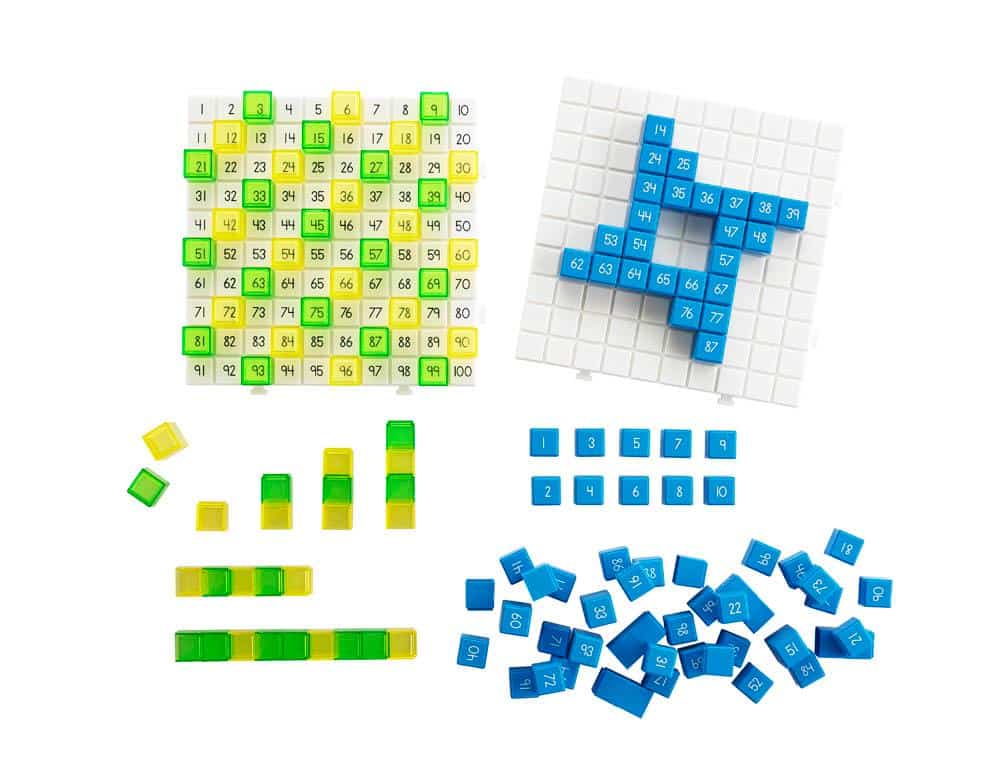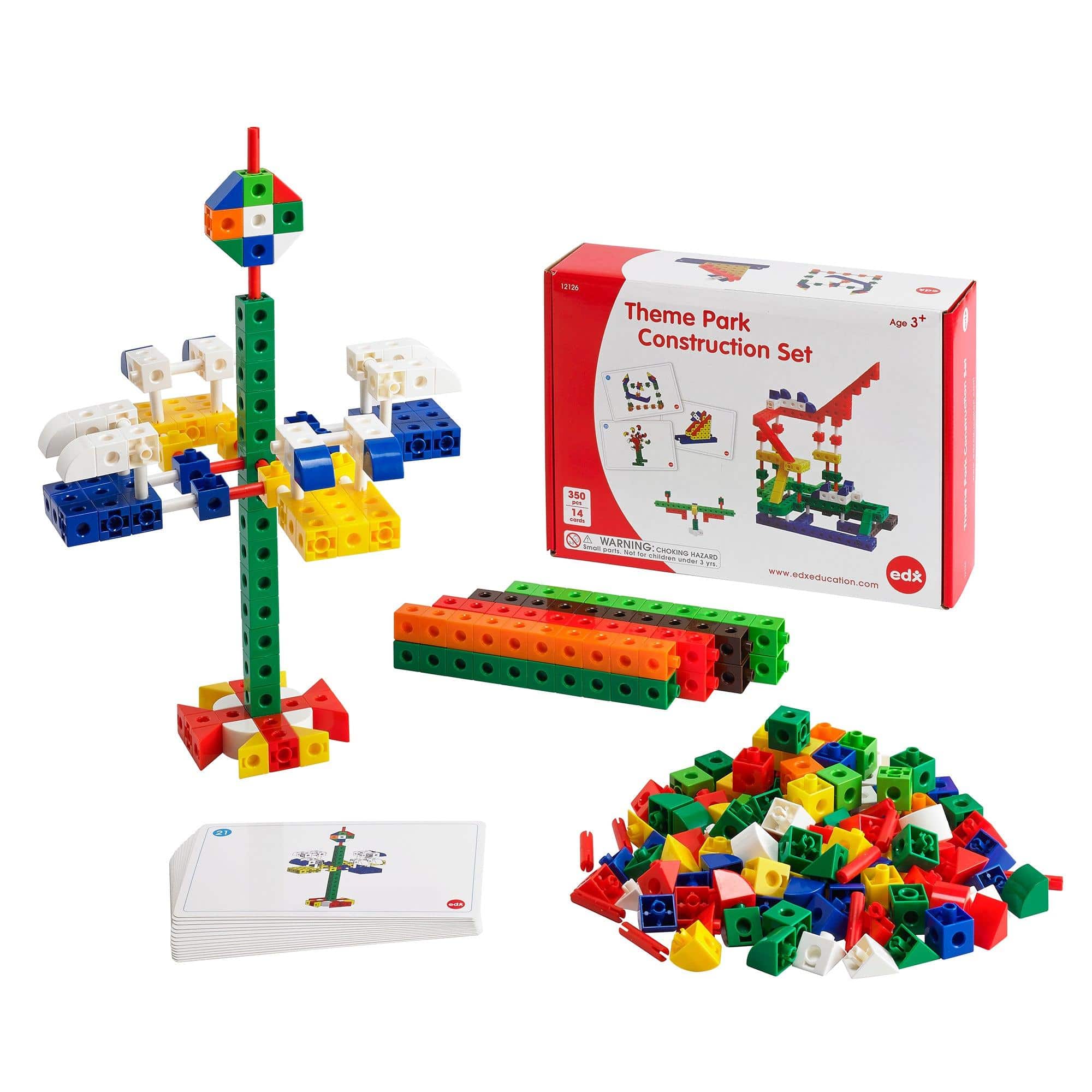Toys as Tools for Building Social Skills
Introduction
Playing with toys is not just a pastime for children; it is a valuable tool for building essential social skills. Toys can provide children with opportunities to learn and practice various social behaviors, such as communication, cooperation, empathy, and problem-solving. In this article, we will explore the importance of toys in developing social skills and provide a list of toy features that can enhance social interaction.
The Importance of Toys in Developing Social Skills
1. Toys encourage communication:
- Interactive toys with sound effects or language prompts can encourage children to communicate their thoughts and feelings.
- Building sets and puzzles require children to communicate and collaborate with others to complete the task.
2. Toys promote cooperation:
- Board games and team-building toys teach children the importance of working together towards a common goal.
- Role-playing toys, like dolls or action figures, encourage children to cooperate in creating imaginary scenarios and narratives.
3. Toys develop empathy:
- Dolls and stuffed animals can help children develop empathy by allowing them to care for and nurture their toys, promoting empathy towards others.
- Puzzles and problem-solving toys teach children to think from different perspectives, honing their ability to understand others’ points of view.
4. Toys enhance problem-solving skills:
- Building blocks and construction sets require children to problem-solve by planning, organizing, and executing their ideas.
- Puzzles, mazes, and strategy games help children develop critical thinking skills and learn how to overcome challenges.
Toy Features that Enhance Social Interaction
1. Open-ended toys:
- Toys that do not have a set end goal, such as building blocks or art supplies, encourage children to use their imagination and collaborate with others.
- Examples: Lego sets, Play-Doh, art and craft kits.
2. Cooperative play toys:
- Board games and team-based toys that require players to work together towards a shared objective foster cooperation and communication.
- Examples: Charades, collaborative board games like Pandemic or Forbidden Island.
3. Role-playing toys:
- Toys that allow children to engage in pretend play provide opportunities for them to role-play different social scenarios, enhancing their empathy and social skills.
- Examples: Dolls, action figures, play kitchen sets.
4. Multicultural toys:
- Toys that represent diverse cultures and backgrounds help children develop an understanding and appreciation for different perspectives.
- Examples: Dolls with various ethnicities, world map puzzles, books featuring diverse characters.
5. Games that teach social skills:
- Specific board games designed to teach social skills, such as turn-taking, sharing, and following rules, provide a structured environment for skill development.
- Examples: Go Fish, Snakes and Ladders, Chutes and Ladders.
Conclusion
Toys are not just playthings; they are powerful tools that can help children develop crucial social skills. By providing them with opportunities for communication, cooperation, empathy, and problem-solving, toys play a significant role in shaping children’s social abilities. When choosing toys, consider their features and how they can enhance social interaction. So, let’s encourage children to play with toys that can support their social growth and development.


